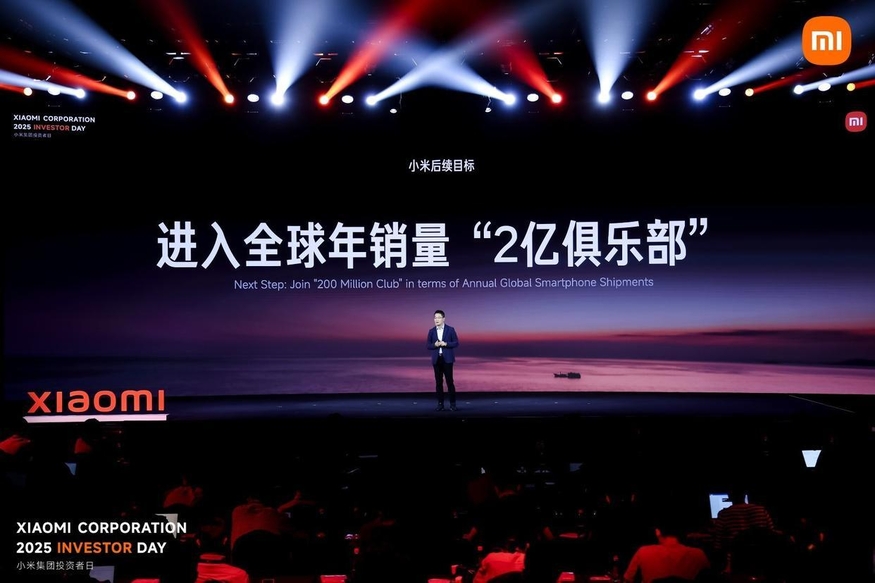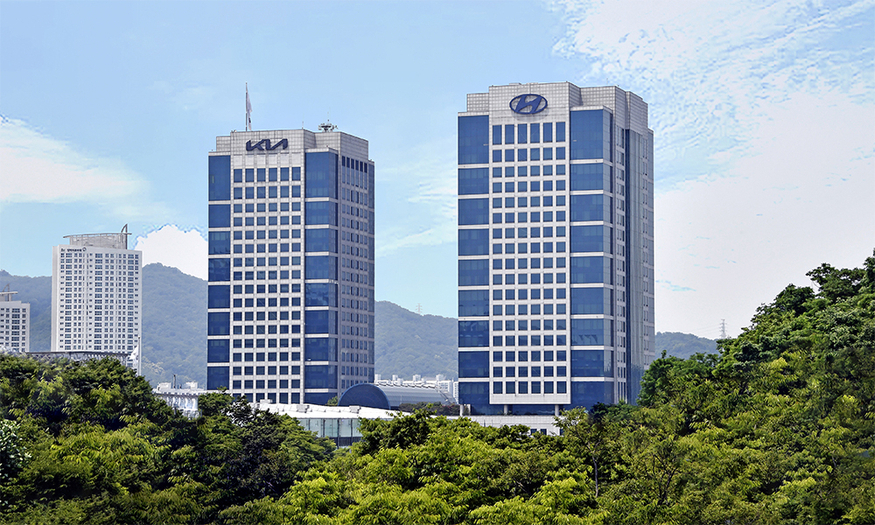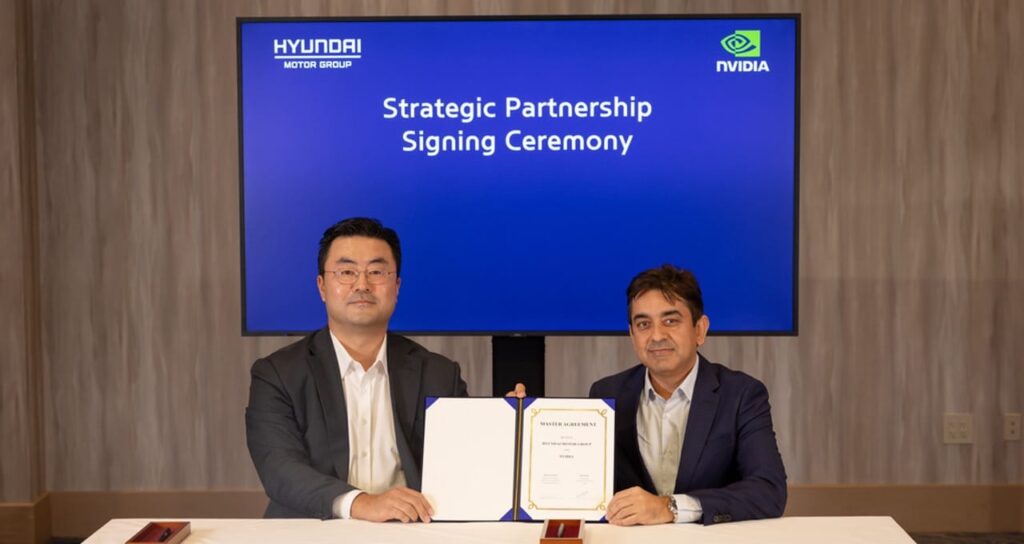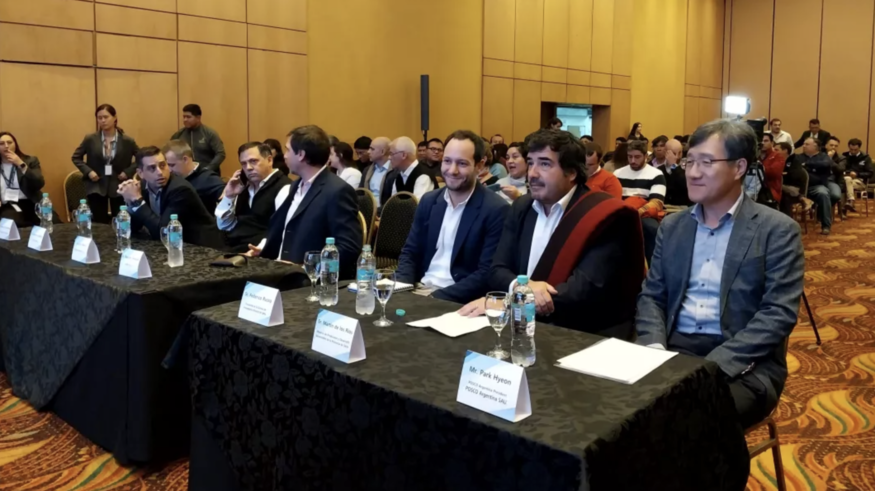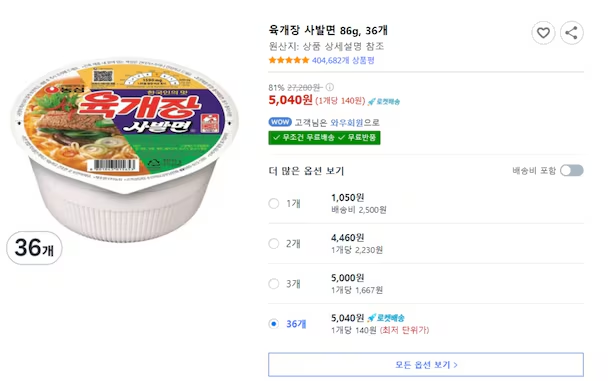
Early Life and Education
Born on June 23, 1968, in Seoul, he is the eldest son of Lee Kun-hee, the former chairman of Samsung, and one of his three daughters.
He graduated from Kyungbok High School in Seoul and obtained a degree in East Asian History from Seoul National University. He earned a master’s degree in business administration from Keio University Graduate School of Business in Japan and completed the doctoral program in business administration at Harvard Business School in the United States.
Career Beginnings
He joined Samsung Electronics as the head of the General Affairs Group. He then served as the executive director in charge of management strategy within the Management Planning Team, followed by positions as Chief Operating Officer (COO), Vice President, President, and eventually Vice Chairman.
After Lee Kun-hee, the former chairman, collapsed and was hospitalized due to acute myocardial infarction, he effectively led Samsung Group as Vice Chairman. Following the passing of Lee Kun-hee, he inherited the management rights.
He was sentenced to prison for his involvement in the Park Geun-hye-Choi Soon-sil scandal and was later released on parole. He was reinstated in a special pardon on Liberation Day in 2022 and became the Chairman of Samsung Electronics in October of that year.
He is currently undergoing a separate trial related to accounting fraud involving Samsung Biologics during the merger process of Samsung C&T and Cheil Industries.
Leadership and Innovations
Lee Jae-yong is evaluated as a leader who emphasizes rational decision-making.
While his father, the late Chairman Lee Kun-hee, was known for his strong drive, Lee Jae-yong has opened the “Lee Jae-yong era” of Samsung Group by prioritizing “pragmatism,” focusing his efforts on necessary areas while decisively eliminating what is unnecessary.
He is known for creating a comfortable atmosphere for others and building strong relationships, which is considered an important managerial quality in today’s society, where communication skills are crucial.
Through hands-on management, he has also secured large contracts.
Lee Jae-yong played a significant role in Samsung Electronics’ successful acquisition of a 1 trillion won contract for 5G communication equipment from the U.S. telecommunications company Dish Network in early 2022.
In August 2021, upon learning that Charlie Ergen, the chairman of Dish Network, had a hobby of mountain climbing, Lee Jae-yong climbed Bukhansan with him for over five hours, discussing personal matters as well as cooperation strategies, ultimately securing a promise for the contract.
Future Plans
Lee Jae-yong faces the task of revitalizing Samsung Electronics’ semiconductor business, which is currently in crisis.
Samsung Electronics is losing competitiveness in the advanced memory semiconductor and foundry (contract manufacturing) sectors in 2024. These two sectors are emerging as key areas in the semiconductor business during the era of artificial intelligence (AI).
In the memory semiconductor sector, Samsung is falling behind SK Hynix in advanced high-bandwidth memory (HBM). Analysts predict that in 2024, SK Hynix will surpass Samsung Electronics for the first time in annual semiconductor operating profit.
In the foundry sector, Samsung is struggling against Taiwan’s TSMC due to issues with its 3-nanometer process technology. By the third quarter of 2024, its global foundry market share is expected to drop to 9.3%, widening the gap with TSMC to 55.6 percentage points.
To overcome the semiconductor crisis, Lee Jae-yong replaced the heads of the memory and foundry divisions on November 27, 2024. Jeon Young-hyun, Vice Chairman of DS Solutions, has taken on the role of head of the memory division, while Han Jin-man, Senior Vice President in charge of DSA, was appointed as the head of the foundry division due to his technical expertise and network capabilities.
Samsung Electronics needs to expedite the development of HBM4 technology, a sixth-generation high-bandwidth memory, to secure its competitiveness in memory semiconductors by 2025. In the foundry sector, it must enhance its advanced 2-nanometer process technology to win contracts from clients.
Lee Jae-yong also has the task of promoting sustainable management for Samsung Electronics by focusing on RE100.
RE100 is an international campaign led by the global nonprofit organization “The Climate Group” and the global environmental management certification body “Carbon Disclosure Project (CDP),” advocating for companies to source 100% of their electricity from renewable energy by 2050.
According to data from Korea Electric Power Corporation on the “Top 30 Companies by Power Consumption,” Samsung Electronics ranked first in the first half of 2024, consuming 12,162 gigawatt-hours (GWh) of electricity, largely due to the significant power requirements of semiconductor manufacturing processes.
As of September 30, 2024, the Citizens’ Coalition for Economic Justice announced that Samsung Electronics uses about 20% renewable energy in its global factories, while the domestic renewable energy usage rate is around 3%.
While competitor Apple achieved RE100 in 2019, Samsung Electronics is struggling due to the poor infrastructure for renewable energy in South Korea.
Recent Updates
Lee Jae-myung, the leader of the Democratic Party of Korea, held his first meeting with Lee Jae-yong, the chairman of Samsung Electronics, on the 20th to discuss youth employment support measures.
On that day, Lee visited the Seoul campus of the Samsung Software Academy for Youth (SSAFY). Chairman Lee Jae-yong personally welcomed him in the lobby, and the two engaged in a private 10-minute meeting.
Lee Jae-myung stated, “For the country to do well, businesses must do well,” emphasizing the importance of enhancing the international competitiveness of large companies in a world where global competition is intensifying. He added, “I believe that a great ecosystem will be created as Samsung overcomes its current challenges.“
Chairman Lee responded, saying, “SSAFY has been operated with the belief that it is investing in the future of Korea and its youth under the name of walking together with society.” During the meeting, topics such as youth employment support, training talent in semiconductors and AI, the Semiconductor Special Act, and amendments to commercial law were reportedly discussed.
Samsung Electronics has been operating SSAFY since 2018, focusing on nurturing software talent. As of last year, it has produced over 9,700 trainees across campuses in Seoul, Daejeon, Gwangju, Gumi, and Busan, with more than 5,000 successfully securing employment. Starting this year, opportunities have also been expanded for high school graduates.


![[K-CEO]Jeong Yong-jin, Chairman of Shinsegae Group](http://43.202.237.228/wp-content/uploads/Jeong-yongjin_Thumbnail-683x1024.png)
![[K-CEO]Choi Tae-won, Chairman of SK Group](http://43.202.237.228/wp-content/uploads/Chi-Taewon_Thumbnail-683x1024.png)
![[K-CEO]Lee Jae-yong, Chairman of Samsung Electronics](http://43.202.237.228/wp-content/uploads/Lee-jaeyong_Thumbnail-683x1024.png)
![[K-CEO] Kim Seung-yeon is the chairman of Hanwha Group](http://43.202.237.228/wp-content/uploads/Kim-Seung-yeon_Thumbnail-683x1024.jpg)
![[K-CEO] Koo Kwang-mo, Chairman of LG Group](http://43.202.237.228/wp-content/uploads/Koo-Kwang-mo_Thumbnail-683x1024.png)
